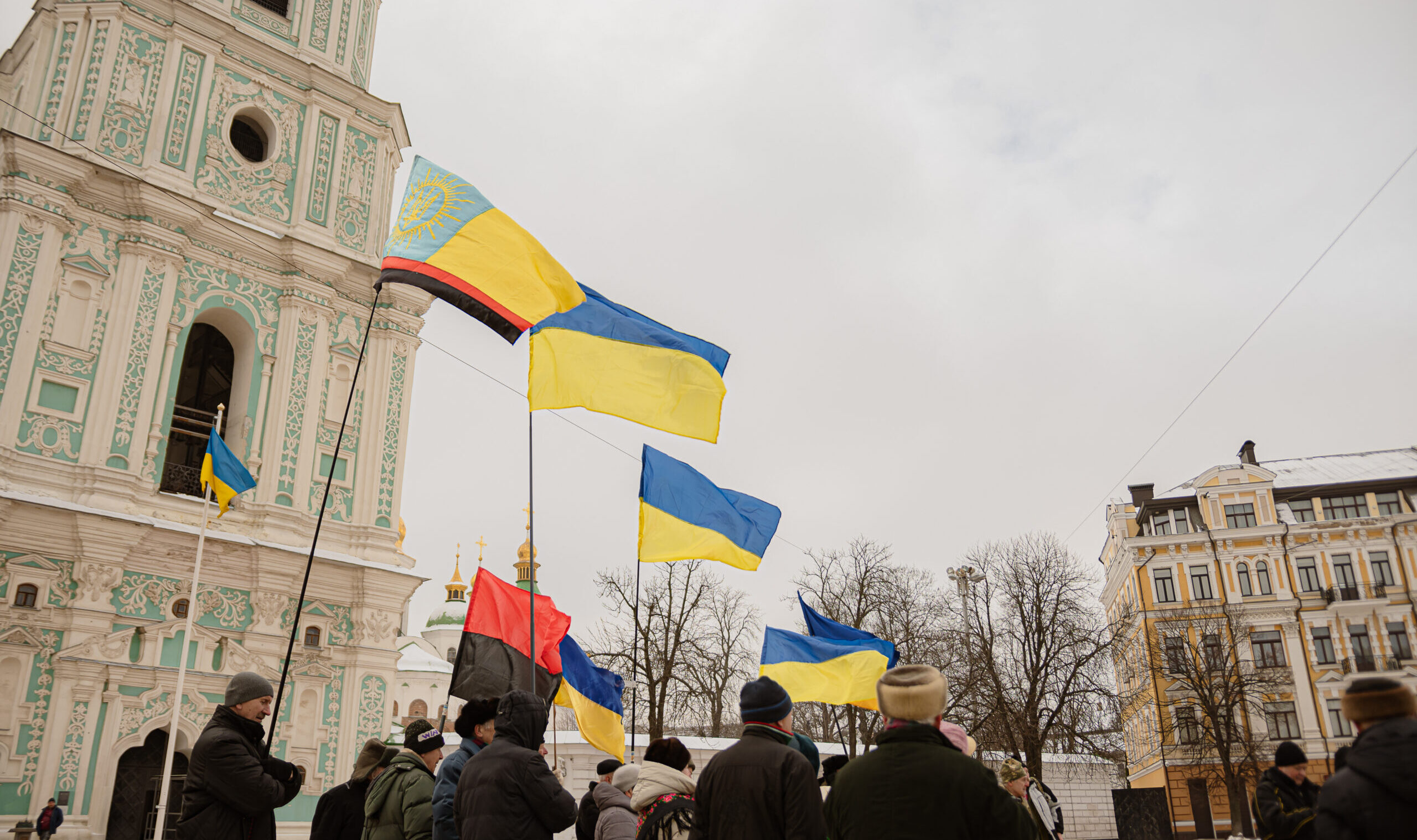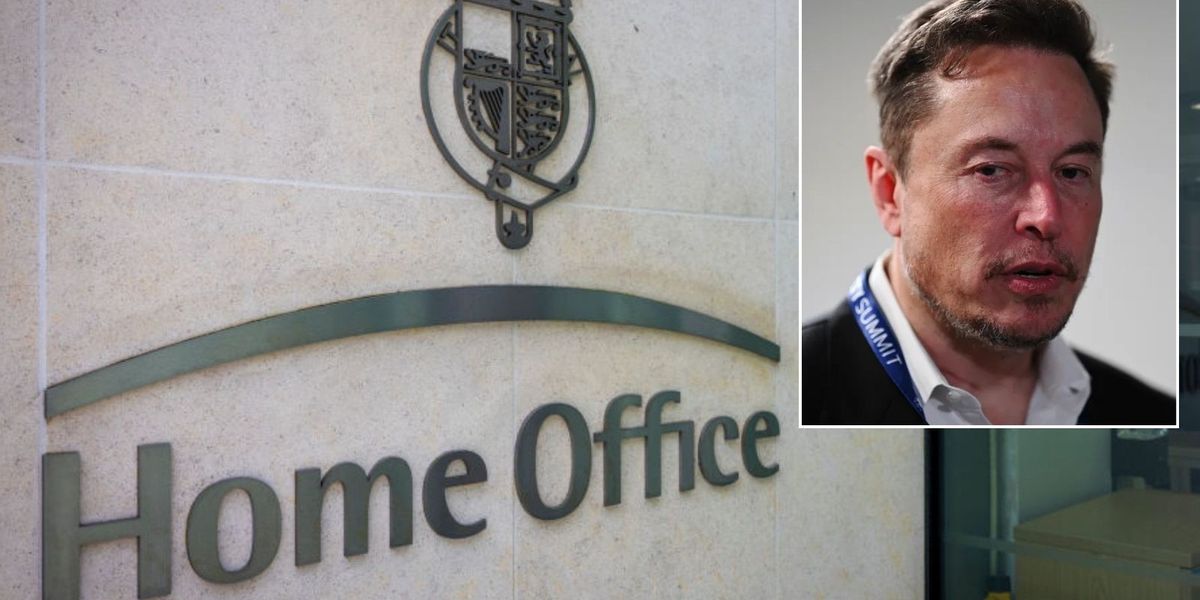CARACAS, Venezuela — Venezuela opposition leader Maria Corina Machado was arrested Thursday when her motorcycle convoy was fired upon by security forces as it departed an anti-government protest in Caracas, according to aides.
Machado emerged from months of hiding earlier Thursday to reappear in public as part of a last-ditch attempt to block President Nicolás Maduro from clinging to power.
Machado’s press team said in a social media post that security forces “violently intercepted” the convoy as it was leaving eastern Caracas.
“They wanted us to fight each other, but Venezuela is united, we are not afraid,” Machado shouted to a few hundred protesters from atop a truck in the capital moments before her arrest.
There were no immediate details on her whereabouts and Maduro’s government has yet to comment. But the shock arrest spurred calls for her immediate release from across Latin America, including the President of Panama.
“Will the United Nations be capable enough to take action to rescue Maria Corina Machado?,” former Colombian President Alvaro Uribe said on social media.
Machado, 57, is a hardliner former lawmaker who stayed and fought against Maduro even after many of her allies in the opposition leadership fled, joining an exodus of some 7 million Venezuelans who’ve abandoned their homeland in recent years.
The protests called for by Machado took place a day before the ruling party-controlled National Assembly is scheduled to swear in Maduro to a third six-year term despite credible evidence that he lost the presidential election.
There was a relatively small turnout for Thursday’s protests as riot police were deployed in force. Venezuelans who’ve witnessed Maduro’s security forces round up scores of opponents and regular bystanders since the July election were reluctant to mobilize in the same numbers as they have in the past.
“Of course, there’s fewer people,” said empanada vendor Miguel Contrera as National Guard soldiers carrying riot shields buzzed by on motorcycles. “There’s fear.”
Those demonstrators that did show up blocked a main avenue in one opposition stronghold. Many were senior citizens and dressed in red, yellow and blue, answering Machado’s call to wear the colors of the Venezuelan flag. All repudiated Maduro and said they would recognize Edmundo González — Machado’s last minute stand-in on the ballot — as Venezuela’s legitimate president.
The deployment of security forces as well as pro-government armed groups known as “colectivos” to intimidate opponents betrays a deep insecurity on the part of Maduro, said Javier Corrales, a Latin America expert at Amherst College.
Since the elections, the government has arrested more than 2,000 people — including as many as 10 Americans and other foreigners — who it claims have been plotting to oust Maduro and sow chaos in the oil rich South American nation. This week alone, masked gunmen arrested a former presidential candidate, a prominent free speech activist and even González’s son-in-law as he was taking his young children to school.
“It’s an impressive show of force but it’s also a sign of weakness,” said Corrales, who co-authored this month an article, “How Maduro Stole Venezuela’s Vote,” in the Journal of Democracy.
“Maduro is safe in office,” said Corrales, “but he and his allies recognize they are moving forward with a big lie and have no other way to justify what they are doing except by relying on the military.”
González, who has been crisscrossing the Americas this week after fleeing to Spain in September, appeared to walk back a pledge to return to Venezuela to take office himself on Jan. 10, saying instead he’d be back “very soon.”
“It’s evident that a regime like that represents a threat to the hemisphere,” he said while visiting the Dominican Republic, where he met with President Luis Abinader and a delegation of former presidents from across Latin America. “That is why we Venezuelans are determined to persevere in this fight until the end,”
Venezuela’s National Electoral Council, also stacked with government loyalists, declared Maduro the winner of the election. But unlike in previous contests, authorities did not provide any access to voting records or precinct-level results.
The opposition, however, collected tally sheets from 85% of electronic voting machines and posted them online.
They showed that its candidate, Edmundo González, had thrashed Maduro by a more than two-to-one margin.
Experts from the United Nations and the Atlanta-based Carter Center, both invited by Maduro’s government to observe the election, have said the tally sheets published by the opposition are legitimate.
The U.S. and other governments have also recognized González as Venezuela’s president-elect. Even many of Maduro’s former leftist allies in Latin America plan to skip Friday’s swearing-in ceremony.
President Joe Biden, meeting González at the White House this week, praised the previously unknown retired diplomat for having “inspired millions.”
“The people of Venezuela deserve a peaceful transfer of power to the true winner of their presidential election,” Biden said following the meeting.

 By New York Post (World News) | Created at 2025-01-09 21:20:05 | Updated at 2025-01-10 05:34:59
8 hours ago
By New York Post (World News) | Created at 2025-01-09 21:20:05 | Updated at 2025-01-10 05:34:59
8 hours ago








